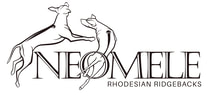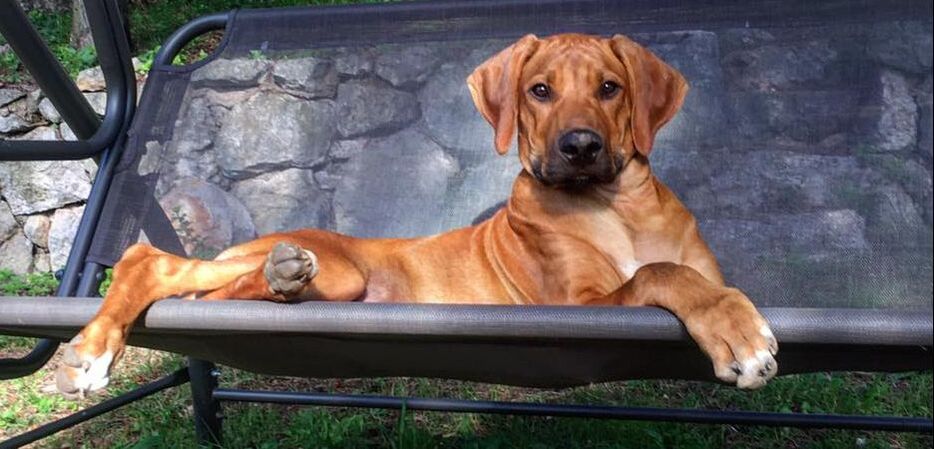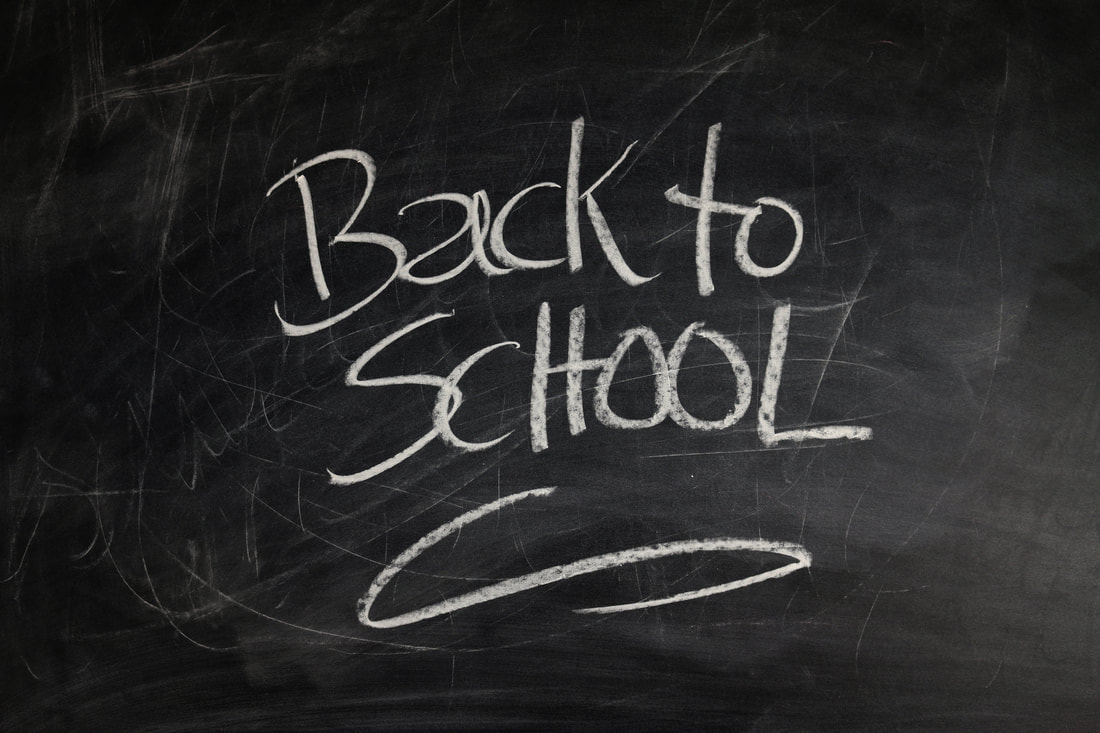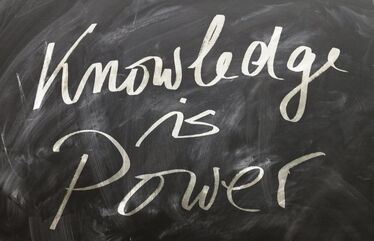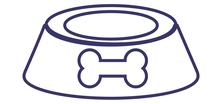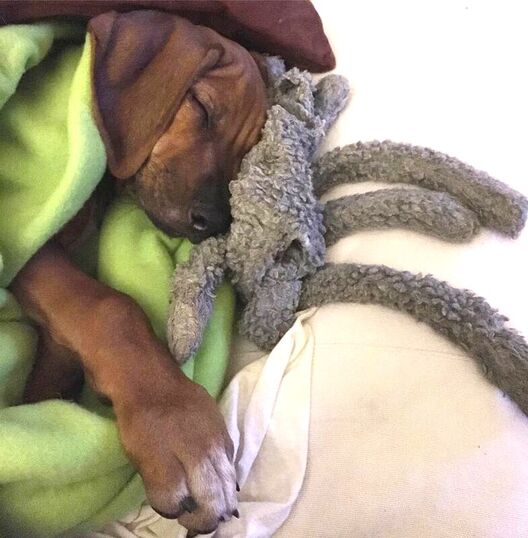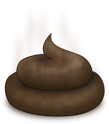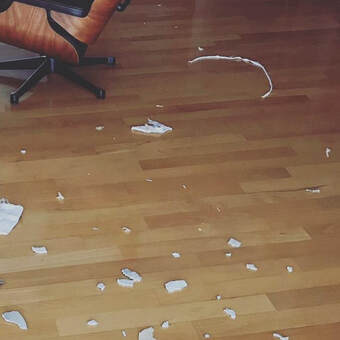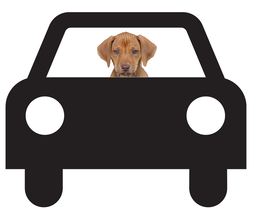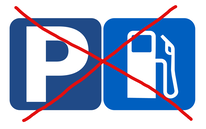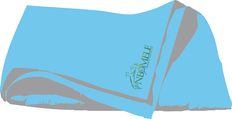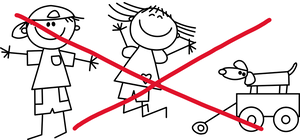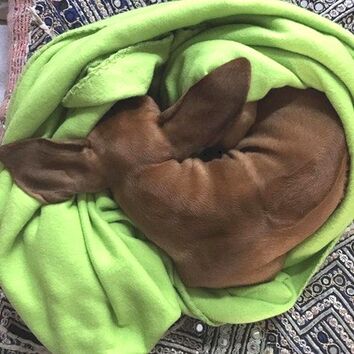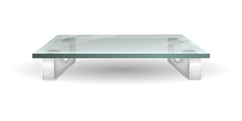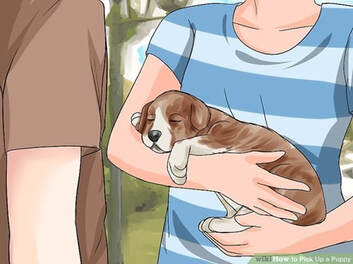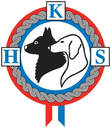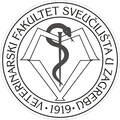|
As a new owner, you may feel that once you’ve purchased the puppy and brought him home, the breeder has done his or her part and now you’re on your own. But it is not so! Even when you buy a new car you are able to contact the manufacturer, the car dealer or someone involved with that purchase. Why would you not want to be able to contact someone that you got your dog from? We are sure most breeders would rather have you asking them these questions then asking on an online forum or group where you could possibly get the wrong information or too much information. Responsible breeders care about the puppies and are interested in hearing what’s going on with your no matter if it is good and bad and definitely your breeder will have suggestions and solutions for pretty much everything to do with your new puppy. After all, we have planned the litter of a specific bloodline and we have raised the pups for the first few weeks of their lives.Because of our experience and care for our buyers we should be your go-to resource when you have questions or problems. Who is better than the breeder to answer your questions and help you come up with solutions? WHAT IF? Your life may change in such a way that you can no longer keep the dog. In this case, according to the contract you signed with us it’s essential that you contact us. Any reputable breeder will be willing to take the puppy back, even in his later years. If this happens to you, don’t be afraid to call for fear of being judged. It is our first responsibility to the dog, and we will take the dog back and do everything they can to place him in a new home. By staying in touch, you’re sharing information that’s very valuable to us. We will be updated about any temperament, health, or other problems your puppy has, and this will help us in order to make future breeding decisions. The breeder cares about breeding the healthiest dogs possible, and input from you is important for us. With this information we can check to see if any other puppies in the litter are experiencing the same health issues and we can look at our breeding program and see if we can trace the issues back which can help determine if maybe the issue is genetic or environmental. We always try to ask our puppy buyers to let us know about a possible health problem with the dog. We work closely with a exerienced veterinarian who, in addition to having 2 ridgebacks, knows the breed extremely well and she is always there for us. veterinarska-praksa-uvodic.webnode.hr/ Through cooperation and consultation, we will make the best decision for you and your dog. Sharing is caring!
0 Comments
The importance of socialization and early training in our puppies during the crucial imprinting stage between 8 and 18 weeks of age. This is a time when puppies are most open to learning and accepting new situations and experiences. We have already started with intense socialization in our kennel but every owner should continue with all possible activities to socialize the puppy as much as possible.. Puppy schools for puppies of this age are to expose them to a variety of people (males, females, tall, short, lanky, round, glasses, beards, with walking sticks, in a wheelchair etc) and a variety of dogs (large, small, fluffy, smooth, timid and boisterous) to learn how to interact appropriately with them in a safe and controlled environment. This is how your puppy is developing into a balanced adult who is confident and friendly to people and dogs, and can help to prevent later fear and aggressive responses. It is important to continue socializing your dog to as many sights, sounds, and smells as possible throughout adolescence, but this early imprinting period is seen as perhaps the most important. Attending a professional puppy school is absolutely crucial, regardless of your training expertise or having other dogs at home. Good puppy schools will be closely supervised by a professional trainer with expertise in early canine behaviour who will focus on encouraging and rewarding the right behaviours with praise, treats or games. They can identify appropriate play versus bullying or intimidation and ensure that these early experiences are positive for all of the puppies involved. Unfortunately, an instructor without this knowledge and experience can possibly do more harm than good. Puppy schools are not only for puppies, it will help you to be a true leader! Builds Communication and Trust Puppy training helps you to establish a line of communication between you and your puppy because it gives you the tools to ask your puppy to perform the desired behavior and teach your puppy how to correctly respond. Adding puppy training into your daily schedule affords you a bonding experience like no other. During puppy training sessions your pup learns to look to you as their leader and begins to trust and respect your guidance. Puppy school also helps to educate the guardians on how to set the puppy up with good manners from a young age. Even seasoned dog owners can benefit from reminders of timely and useful puppy tips for toilet training, jumping up, walking nicely on lead, chewing, and teething issues etc. You will learn how to read your puppy’s body language and interactions with other dogs. A qualified and experienced instructor will take the time to point out the differences between appropriate play, dominant play, bullying, and unacceptable play. Remember that dogs communicate mainly through posturing, so understanding when your puppy is playing too rough or is feeling intimidated will be useful information for you throughout the dog’s life. Puppy training provides you the skills to communicate with your puppy. They are particularly important when it comes to effectively giving your puppy a command in different environments and situations. Knowing basic obedience commands, especially Come, in outdoor off-leash situations can protect your pup from confrontations with other dogs and wildlife. FOOD You need to establish feeding rythm! The puppy should always be fed in the same place and fresh water should always be available, except during the night. Of course, the water must be in a place that can be reached at any time during the day and evening. In our kennel feeding schedule was always on exact time, so you will get info when to feed your puppy. Create a feeding routine by feeding the puppy at the same times each day and in the same location. The puppy must have 4 meals at the beginning. When puppy eats, even if he hasn't eaten to the end, take a bowl of food and don't leave it available to the puppy. Make sure the food place is in a quieter corner of your home. Get a floor covering that is easy to care for, to make cleaning easier. SLEEPING PLACE First days you should sleep beside your puppy. When it’s finally time to go to bed, give your puppy another chance to relax outdoors and defecate after which you should go to bed with your puppy. The best place is where it is quiet and make sure to leave a blanket with smells of puppy's mum and siblings on the sleeping place. First days sleep beside your puppy. He/her is away from siblings and needs contact. Later it would be good that puppy has 2 sleeping places, one during the day and one at night (including the best reclining pillow. Do not put your dog's place at the entrance to the house or in another room because contact with family is extremely important to them. PEE & POO BOMBS Consistency is the name of the game. Here we are back to the feeding schedule :) Why is the scedule so important? Well, sticking to a schedule helps puppy to learn what to expect and can also help you anticipate his need to go potty. Potty training can begin immediately when you bring your puppy home. We already started with this at the kennel so you just have to continue to have great results :) Consistency is the name of the game. Taking puppy out right after mealtime and before and after naptime or play can help reduce the chance of accidents in the house. If you have successfully brought the puppy to the place of urination or poo and when he does it outside, praise him very loudly (you have to feel stupid and funny when you do this, but it is a great stimulus for dogs). They will quickly realize that this is the right place to perform urination! But still don’t expect too much. Although you will teach your puppy to defecate outside in an average of 2-3 weeks, the puppy is only able to consciously control his bladder and intestines after about 6 months, satisfy his instincts and empty himself in a controlled manner. Even then, he/she fails to hold urine or feces for too long. Pay attention to the puppy's body language, after he/she wakes up you have to TAKE THE PUPPY OUT IMMEDIATELY if he is looking restless, etc. The better you observe the puppy, the better you can interpret the signs. If puppy poops or pees in the house, don't scold the dog it is your fault! Methods of hitting the newspaper on or pushing the muzzle in the urine are absolute and unfounded nonsense! You will avoid this if you are focused and if you catch him quickly enough and take him outside, but still be careful to calmly take him/her to the emergency place so that you do not create stress for him. However, if it’s too late, don’t dramatize too much, clean the space thoroughly and make sure there are no odors. It is good to coat such a place with vinegar after cleaning, because otherwise the puppy will smell later and this will stimulate him to get wet again in this place. With patience and empathy, you can teach your puppy to be clean and tidy within a reasonable time. CHEWING AND EATING EVERYTHING THEY FIND Puppies should never be bored! Puppies learn about their environment by putting things in their mouths. If puppy tries to chew on shoes or furniture, redirect him by giving him a toy instead. If you discover he’s chewed something he shouldn’t have after the fact, don’t scold him. He won’t understand why you’re upset. If you do catch him in the act, give him a firm “No,” and redirect him with a toy or game. Take enough time to play with the puppy. Offer them different toys, but of course, everything should be non-toxic and made so that nothing can be swallowed. Puppy's deciduous teeth are as sharp as a needle and leave a mark everywhere, so probably you will be pierced by puppy's teeth :). As a result, the child-dog relationship could quickly deteriorate. So, be careful with that! By changing teeth between 3 and 6 months this problem is largely solved. Note: The game is started by you and ends by you, and then you collect the items again. PUPPY QUARANTINE Do not risk puppy's life! Avoid socializing with other dogs in public places until puppy had all vaccinations. At the time you took over your puppy, it has not been vaccinated yet for the 3rd time so is not protected. There are many diseases which can kill your puppy if infected. Once your puppy is vaccinated and veterinarian gives the green light, you can begin socializing him with other dogs as well. Socialization and training are essential in helping your puppy become a well-mannered dog. HOME ALONE TRAINING Every time a minute longer! It’s a good idea to start practicing leaving him alone after your puppy adopts to new home. You can start with this after aprox 2 weeks. Before putting him in his crate or not (if you do not have a crate), take him out to potty. Then you can put him in his crate and leave the house, returning after just a few minutes. He may bark and whine, but as you practice and build up the amount of time he’s alone, he’ll learn that you’ll come back. DRIVING HOME How to prepare for the trip? From the kennel to the new home there are some things you should know and pay attention to! In general, you should fully adapt to the puppy on the trip. With driver, there should always be another person to look after the puppy. A puppy on the way to a new home may be in someone’s lap. It is also important to provide enough space for the puppy. You should also have, old towels or household towels, wet towels for dogs, etc. due to possible vomiting or urination of the puppy. Have it on mind that vomiting or urination can occur especially on long travel. Always have a leash with you while driving. If an accident or malfunction happens, it often happens that dogs run around after an accident, to be injured or run away. Later after a period the acclimatization dog should learn to sit in the space provided in the vehicle. Ideally, of course, in the trunk of a caravan or better yet, in a box/cage for dogs. Otherwise, in the event of an accident, keep in mind that the car has a live cannonball, so it is necessary to tie the dog with dog belts or drive it in a cage. PEE & POO BREAK Do not choose a highway or specific rest areas with lot of parking places beside gas stations! After aprox 2 hours of driving at the latest, you should let the baby dog out of the car stretch your legs and to make poo and pee. If the puppy sleeps, do not wake him/her up...maybe will sleep during all trip what is the best solution! Don’t choose a highway or a specific rest area. Experience shows that the area is heavily polluted in such places. People throw everything, there is garbage and dangerous objects in rest areas and gas stations and most importantly, in such places there is a possibility of infection because others dog owners take breaks therewith their dogs. That can represent danger to the puppy because at the time of driving home it has not yet been vaccinated to the end and is not fully protected. It is best to look for a quiet meadow where there are no cattle. Offer to the dog water and allow a little movement on the leash. DO NOT LET YOUR PUPPY OFF THE LEASH! The puppy could be surprised of something and scared and since the connection with you it has not yet been established, puppy could escape and something could happen. Although we have taught the puppies on a leash, they are still not quite used to it so it would be good to allow the puppy to just choose where he/she will walk, Do not pull and drag the puppy by force because you will lead the puppy into stress, ON THE WAY HOME DO NOT GIVE YOUR PUPPY FOOD You and the puppy really do not need puke all over your car! It should be a bad experience for the puppy! In no case do not give the puppy food while driving, as it does not vomit. It it would be a negative experience that the dog will later always associate with driving in car so it can happen your dog may no longer want to get in the car. Comfort your puppy If the puppy cries in the car, be calm and comfort him with physical contact/cuddle. You are his pack now and puppy will quickly learn that you are now there for him/her. In addition, you also got a blanket with the scents of the litter, which should make puppy calm <3 FIRST DAY IN A NEW HOME Give your puppy time to get know you and new environment! Puppy food for frst weeks you will get from us, as well the collar and leash, but you have to prepare yourself for puppy arrival so you have to buy water and food bowls, some other toys and treats. It is advisable to be constantly with the puppy first few days and give the young four-legged friend a lot of love, attention and free time. Call the puppy by name, cuddle and play with him/her, let the puppy eat treats from your hand. You build trust this way and enable the puppy to feel comfortable in your company, and these are the foundations for future upbringing. Puppies are curious, so encourage yours to explore his new home. Show him around the places and spaces where he’ll be able to spend his time. Puppy and the children in first days Don't let the puppy to be overwhelmed by a storm of impressions and having too many stimuli. To children must be explained that the dog is still a baby who needs rest and sleep (15-18 hours daily) to develop well. Your kids will probably be overexcited so please explain that they do not scream and that they do not go to much into puppy's space in first days. If the puppy sleeps, then let the puppy sleep. There is still plenty of time for introducing the puppy to the kids and new environment. PROTECT DANGEROUS AREAS AND FURNITURE You should be very careful with stairs! Puppy should not climb the stairs or go downstairs it is very dangerous for puppy bones and joints. You should carry your puppy over the stairs as long as possible. If you live on several floors, it is best to leave the puppy on the main "living room" floor during the day and lock the stairs up or down with a suitable "baby door" so the puppy couldn’t jump over them. Also consider all the possible dangers to the puppy and the possible places falls, eg stairs and balcony railings etc If you have low pieces of furniture with sharp edges, protect these edges so puppy cannot be injured while playing or running. You should also consider to move away the rugs temporary from the rooms where puppy spends the most of time, until the puppy learn to poo and pee outside :) Be careful with electric cables too, they are ideal prey for puppies and they will surely fight that scary snake. All these things you should prepare before puppy arrival, so you may provide the puppy the calmest possible 1st day in a new home. NEVER LET PUPPY OUT OF SIGHT WHEN PUPPY IS AWAKE! ...and one more important thing! CARRYING A PUPPY When carrying a puppy, hold it so that its entire body is fully supported by the forearm, so always hold it with one hand under the buttocks. You should never carry a dog on your back (like a cat or a cuddly toy). When laying on the ground, care should be taken to ensure that all four legs are securely placed on the floor. Never let a puppy fall or jump out of your hands (highest risk of injury). Small children should not carry puppies! |
AuthorMaja Kljaić Archives
February 2023
Categories
All
|
|
UZGAJIVAČNICA RODEZIJSKIH RIĐBEKA
RHODESIAN RIDGEBACK KENNEL NEOMELE ul.1.maja 70 Reka, 48 000 Koprivnica CROATIA |
ⓒ 2024 NEOMELE - RHODESIAN RIDGEBACKS
All content and data on this website is protected by copyright.
No part of this website may be used, reproduced or utilized in any form or by any means, electronic or mechanical, without permission in writing from
Neomele kennel/Maja Kljaic & Lela Trescec.
All content and data on this website is protected by copyright.
No part of this website may be used, reproduced or utilized in any form or by any means, electronic or mechanical, without permission in writing from
Neomele kennel/Maja Kljaic & Lela Trescec.
